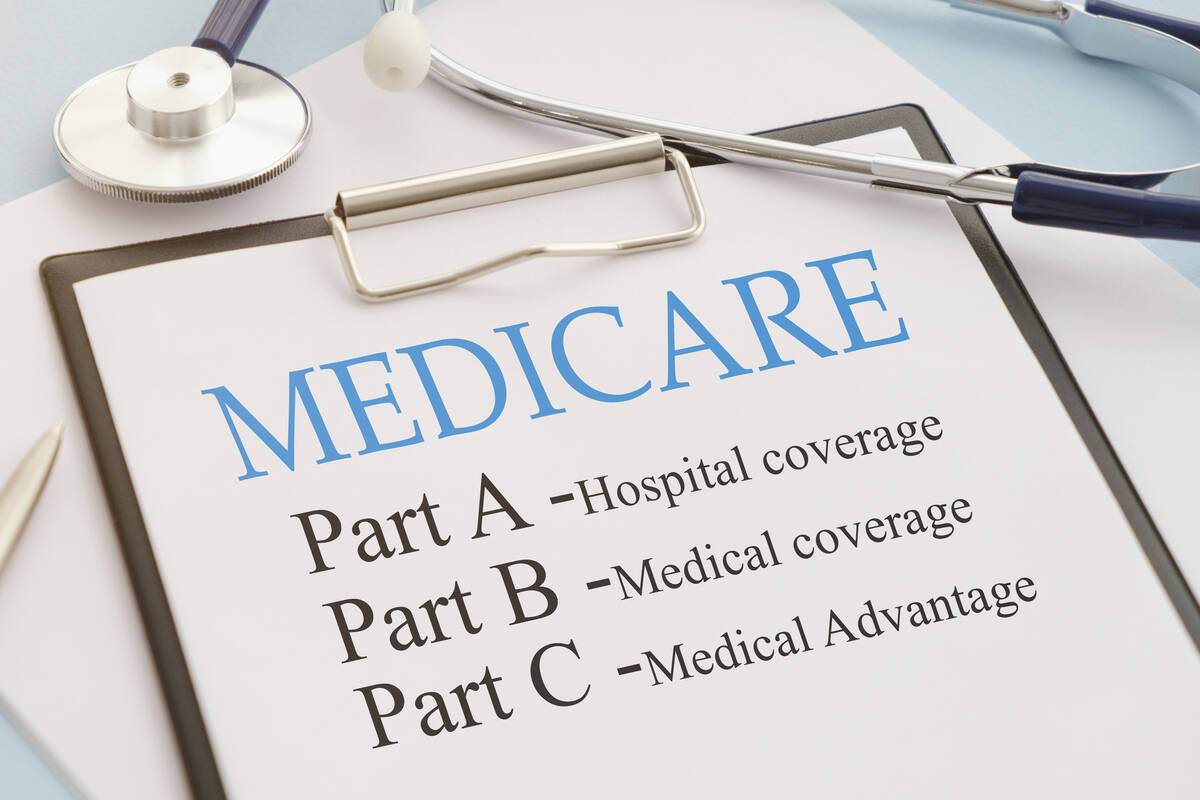Every baby boomer should know these Medicare basics
Dear Toni: I am turning 65 in September and need to make my Medicare decision. I do not know where to start or what to do. I am being bombarded by telemarketers and mail telling me that if I do not sign up for Medicare when I turn 65, I will make a major Medicare mistake. Can you please simplify the process for me? — Paula from Atlanta
Dear Paula: The Medicare community is exploding, with an American turning 65 every eight seconds. No one wants to make a wrong decision, which can add stress to retiring.
Here are the Medicare basics every baby boomer should know:
■ Learn the different Medicare Parts (A, B, C and D): Original Medicare is Medicare Parts A and B, which covers hospital, medical and provider expenses. Medicare Part C, known as Medicare Advantage, is another way of receiving your Medicare benefits. Part D is a Medicare prescription drug plan that can be a stand-alone plan with original Medicare and a Medicare supplement, or a Medicare Part D plan can be included with a Medicare Advantage plan.
■ Medicare is not free: It covers a lot, and there is a cost associated with Medicare Parts A and B. The premium for Part A is at no cost if you worked 10 years, or 40 quarters, and paid Medicare taxes. Medicare Part B (medical and provider expenses) has a premium, which is based on how much you have earned for that year. In 2023, most Medicare beneficiaries pay $164.90 each month for their Part B premium. The Medicare Part A (hospital) deductible for 2023 is $1,600 every 60 days. The 2023 Medicare Part B deductible is $226 once a year with Medicare paying 80 percent of the Medicare-approved amount.
■ Understand original Medicare: Medicare Part A covers inpatient hospital, skilled nursing/rehab facility, home health and hospice care. Medicare Part B covers doctor services whether at the office or surgical care, outpatient surgery/services, lab work, X-rays, MRIs, durable medical equipment, and preventative services with no network.
■ Understand the Medicare Advantage plan: You can select from Medicare Advantage plans (Medicare Part C), which can be an HMO or a PPO plan, offered by private insurance companies. An Advantage plan has an insurance provider network with health care professionals or facilities that provide lower in-network rates. You do not use your Medicare red, white and blue card because Medicare will pay the Advantage plan for your care. You will be responsible for copays, deductibles and maximum out-of-pocket for your medical care.
■ Remember to enroll at the right time: Medicare enrollment is automatic only for those turning 65 who are already receiving their Social Security check. If you are not receiving your Social Security check and not working full time with true employer group health insurance, then you will want to enroll in Medicare Parts A and B online, via SocialSecurity.gov. Those turning 65 with true employer group health insurance may want to delay enrolling in Medicare until they retire or are laid off.
Toni King is an author and columnist on Medicare and health insurance issues. For a Medicare or long-term care checkup, email info@tonisays.com or call 832-519-8664.

















